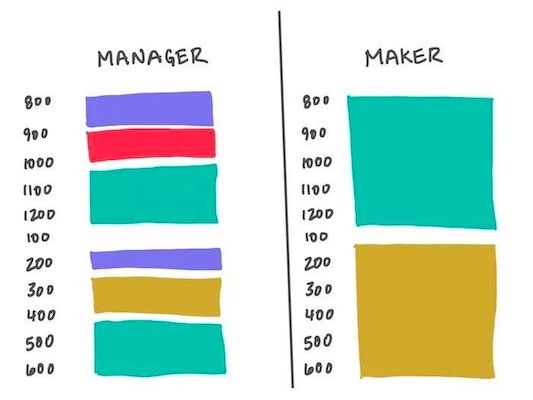Jumping into Deep Work
Jon Johnson (he/him)
jrjohnson
jrjohnson_
jrjohnson-ucsf
![]()
Plain Text and Slides At:
UCTech Slack: https://uctech.slack.com
UCSF Library Educational Technology
- Team Supports, Hosts, and Develops Moodle, Kaltura and Ilios
Deep Work
Deep work is the ability to focus without distraction on a cognitively demanding task. It’s a skill that allows you to quickly master complicated information and produce better results in less time. Deep work will make you better at what you do and provide the sense of true fulfillment that comes from craftsmanship. In short, deep work is like a super power in our increasingly competitive twenty-first century economy. And yet, most people have lost the ability to go deep—spending their days instead in a frantic blur of e-mail and social media, not even realizing there’s a better way.
-Cal Newport https://www.calnewport.com/books/deep-work/
- I named this talk after this book
- It gave me the vocabulary to talk about something I'd been messing with for years
- I remember it being a good book, and I'm not going to summarize it here, other than this quote you probably shouldn't think of anything I'm saying as being from this book
The Problem
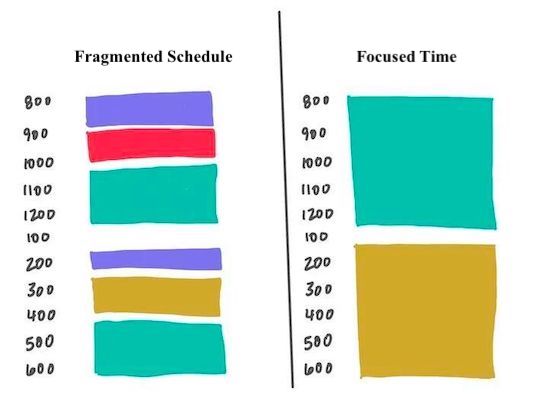
My Journey to Finding Focus 2007
(hopefully you'll get there faster than I did!)
2007
Started Building Software
No clue what I was doing
Needed Time to Focus
Work From Home Wednesdays

My Journey to Finding Focus 2007
(hopefully you'll get there faster than I did!)
2007
Started Building Software
No clue what I was doing
Needed Time to Focus
Work From Home Wednesdays
Tuesday Nights!
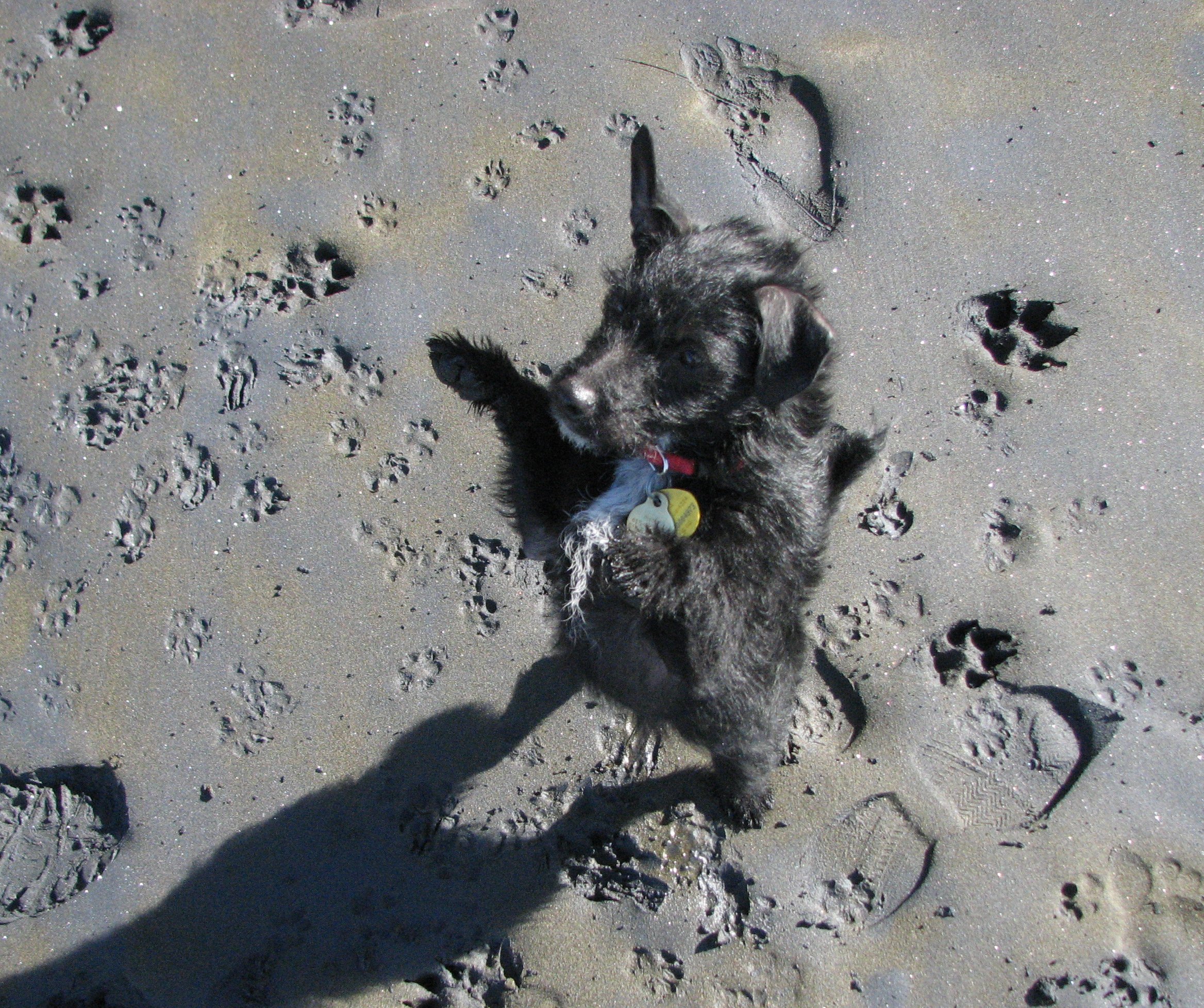
What I discovered was that I could accomplish huge amounts of work between 8pm and 2am. I've always been more productive at night, so I initially thought that was all that was going on. As I moved departments and teams and projects I kept to this schedule, stacking up work and pushing out huge amounts of code or content on Tuesday nights. At first I tended to hide this, but with success came more confidence, this was a proven method for me and I became more open with my team about what I was doing
My Journey to Finding Focus 2017
Started Managing a Team (kept building software)
Calendar 80% Recurring Meetings
Increased Communication Overhead
Struggling to Stay Ahead

Meetings aren't inherently bad, neither is email, slack, twitter, etc... but when you spread them out exactly right (as I tended to do) 3-4 hours of meetings in a day ends up taking the entire day
My Journey to Finding Focus 2017
Also... society was starting to come apart
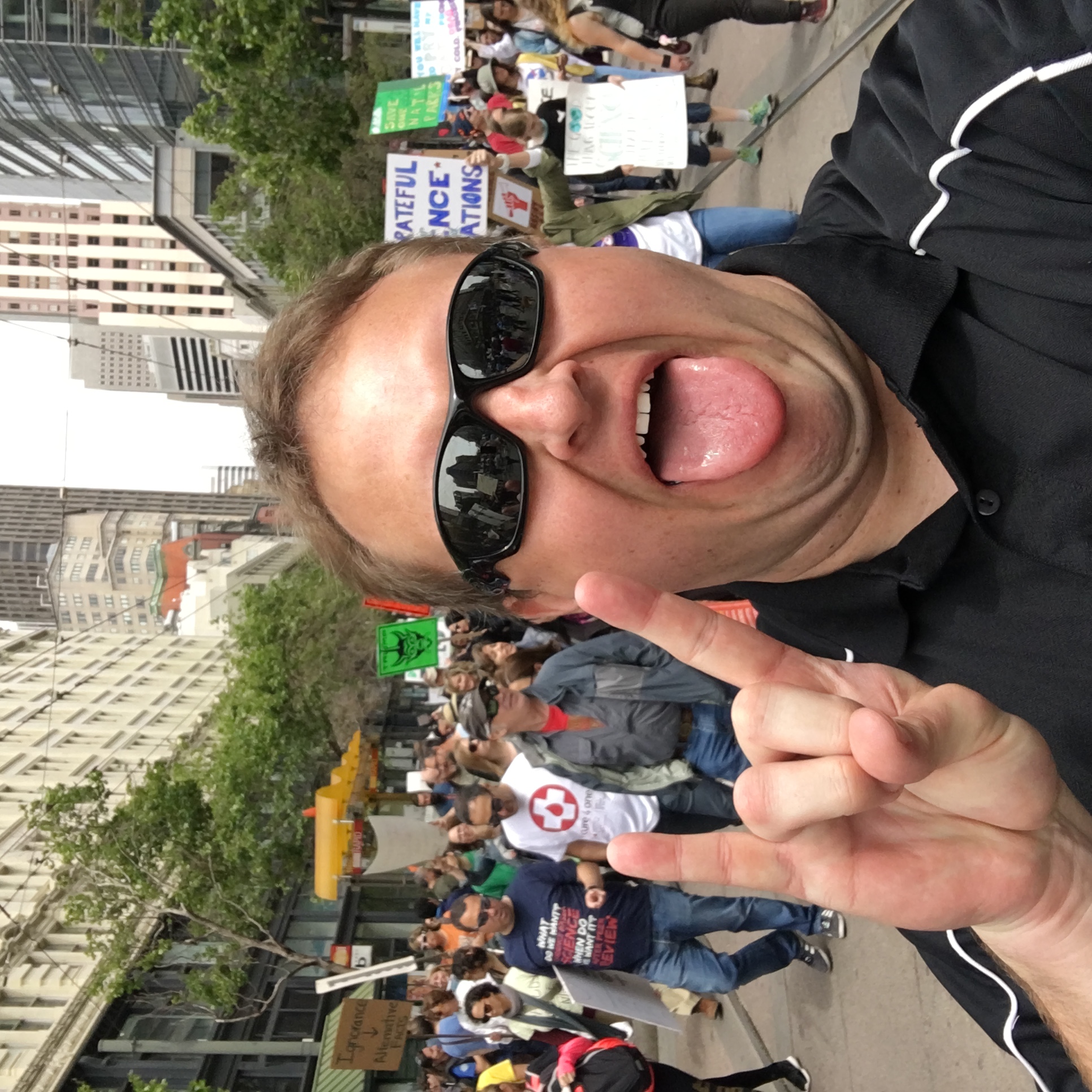
Meetings aren't inherently bad, neither is email, slack, twitter, etc... but when you spread them out exactly right (as I tended to do) 3-4 hours of meetings in a day ends up taking the entire day
Taking Control of My Calendar
and by extension my focus
and discovering deep work
By blocking off huge chunks of my calendar (Monday morning, all day Wednesday and Friday, Thursday afternoon) I was able to guarantee time to focus.
Deep Work Achievement Unlocked

Better Meetings
Not only did focus time become more productive, but squashing all my meetings into specific slots made it easier to focus on those meetings. I didn't need to by halfway present, I could be all-in because I knew I'd have time to finish my work.
Inbox Zero
Inbox zero was possible for the first time (like dishes I didn't need to worry about the next email coming in, I'd get to it)
Planning Stacked Work
Stacking work like this allowed by time to plan what work I would stack. Instead of reacting to the idea de jour I was able to work on what was most important and know I could finish really big projects.
For example we replaced our entire authorization system incrementally and securely with no interruption to users over an entire year of small focused projects
All In
bringing in the team
Making Deep Work our Policy
Block off at least 20 hours a week for deep work Establish, and socialize, a communication policy
Communication
To foster deep work and allow the most flexibility in scheduling meaningful work, the following guidelines apply to any communication within our group and as much as possible should be the default for all internal and external communication.
Asynchronous Decision Making
Give meaningful discussions a meaningful amount of time to develop and unfold. Allowing time for everyone to take part in any decision allows time for new ideas as well as reducing the stress from missing out if you're not plugged into chat at the exact time decisions are unfolding.
Response Times
Messages should be answered within two working days if a response is required. It's OK to not respond to every message. It is also OK for your first response to be "I need to think about the implications further". When you need more time to respond, let everyone know. We're a very small team and everyone having time to fully digest and consider information is critical for avoiding many types of issues. When you are engaged in meaningful deep work, you should ignore all communication channels and focus on your work knowing you will have time to read and respond later.
Checking in to say hi
It can get very lonely working in isolation. These requirements are not meant to cover casual conversation. Reach out, be around, say hi, we're a team only as long as we all take part in a community.
Emergencies
Critical response is rarely needed, but you should leave team members a way to break into your work for emergencies only. If this communication channel is used more than once a year, then we should re-tool our process to have fewer emergencies. Phone, text, or Slack (breaking Do-Not-Disturb mode) are fine. Use whatever you need, but make everyone aware of how to reach you in crisis.
External Communication Requirements
You should check external communication channels (email) once per day to be responsive to external emergencies and information requests from important campus partners. Even for critical requests from important constituents, an 8-hour delay in responding is acceptable. We have very few true emergencies, but waste a significant amount of our potential when monitoring email is a top priority. I would much rather us do very good work every day and occasionally have a delay in responding than to waste time every day on the off chance there is an emergency.
Along Came Covid
Untethered From Time
Work When you're ready to work
- I used to get so stressed on Sunday, felt like I couldn't relax. Now I work on Sunday afternoon and take Wednesday morning off
- I used to come in really early to get focus time in, but I was regularly told the leaving early didn't seem fair to the team
- Perceptions mater a lot, COVID has made this much easier to play around with
How's it Going?
Ilios
86 releases in 2021
Since January 2022 62% Faster and 75% less memory
First to Meet AAMC Curriculum Inventory Standards
Fully Deployed in Containers
99.1 Siteimprove Accessibility Rating
Moodle
Up To Date on v3.11.8
Significant Deployment Automation
Removed 80K Unneeded User Accounts
Shorter Maintenance Windows
Zero Unplanned Downtime in more than a Year
Organizational Limits
such a thing as too productive
- It's a weird thing to say, but you can be too productive.
- An organization can only absorb so much change.
- Because we've maximized our time it has allowed us to focus on other UCSF mission areas to advance health worldwide
including:
- building small tools for data extraction and pandemic communication,
- contributing to open source maintenance of Moodle, it's plugins, and many other libraries we depend on.
What Will You Do With More Time?
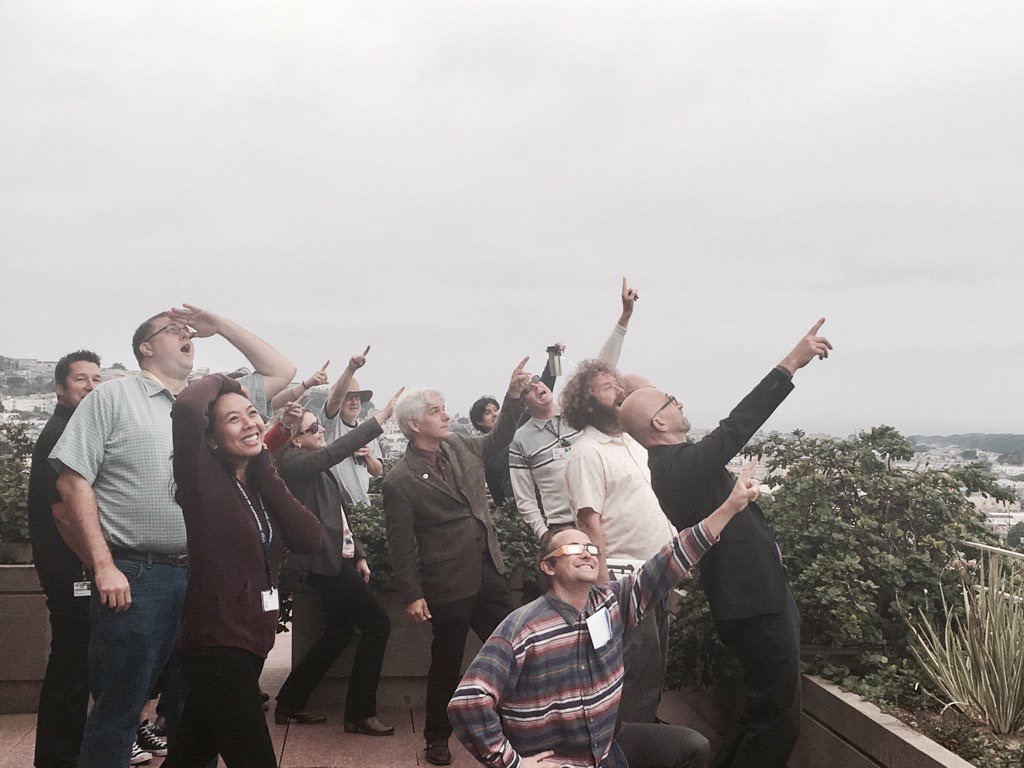

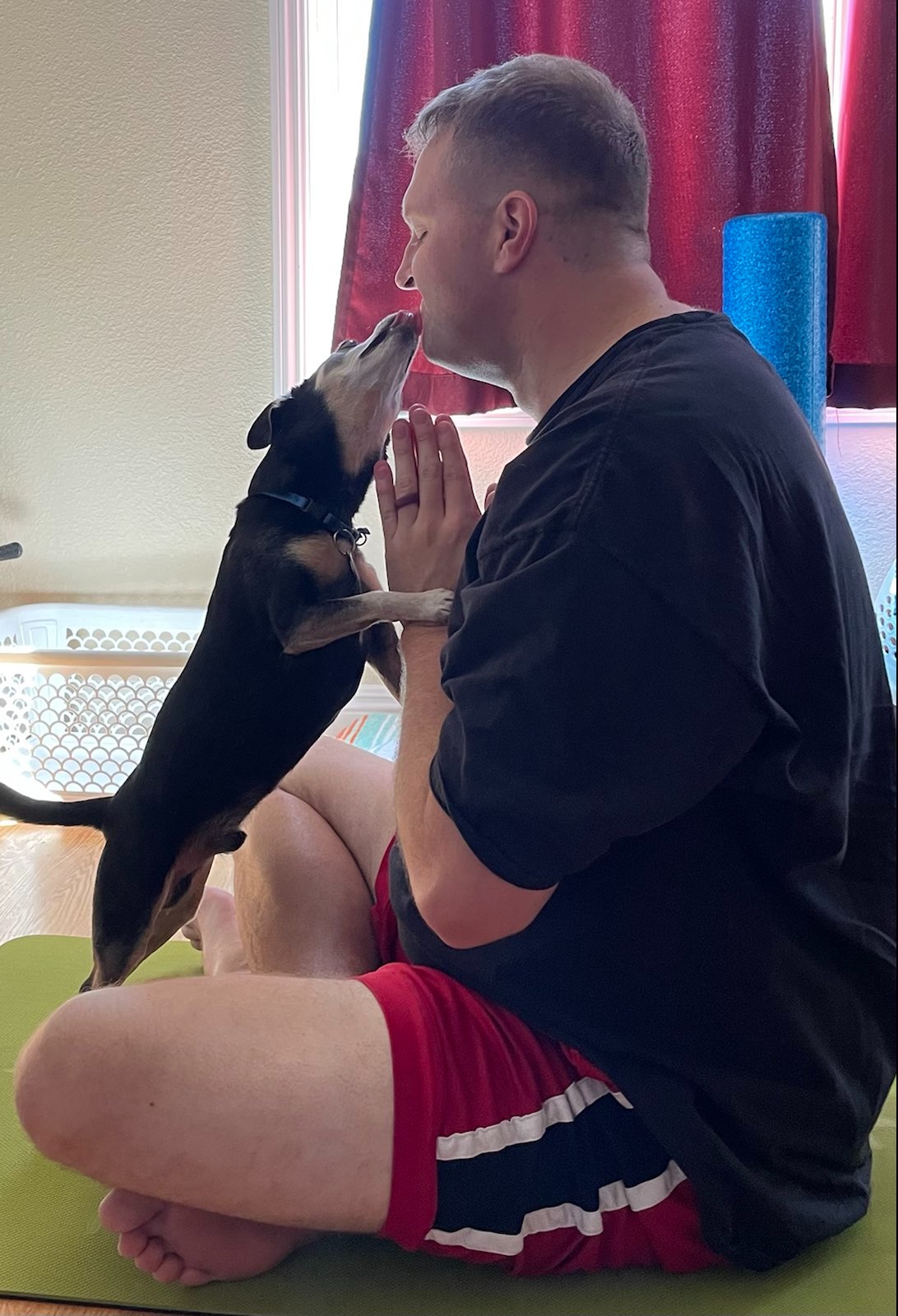
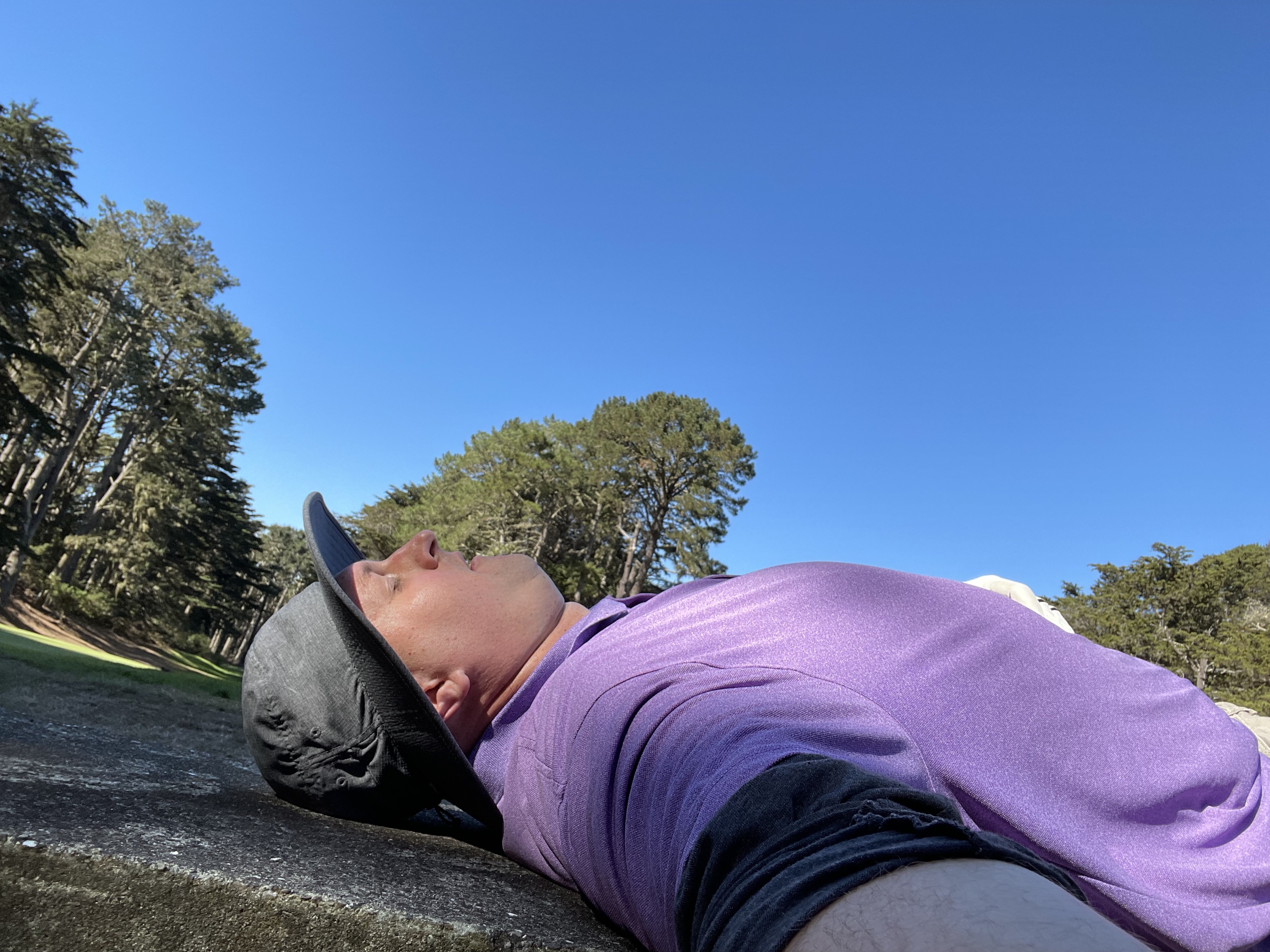
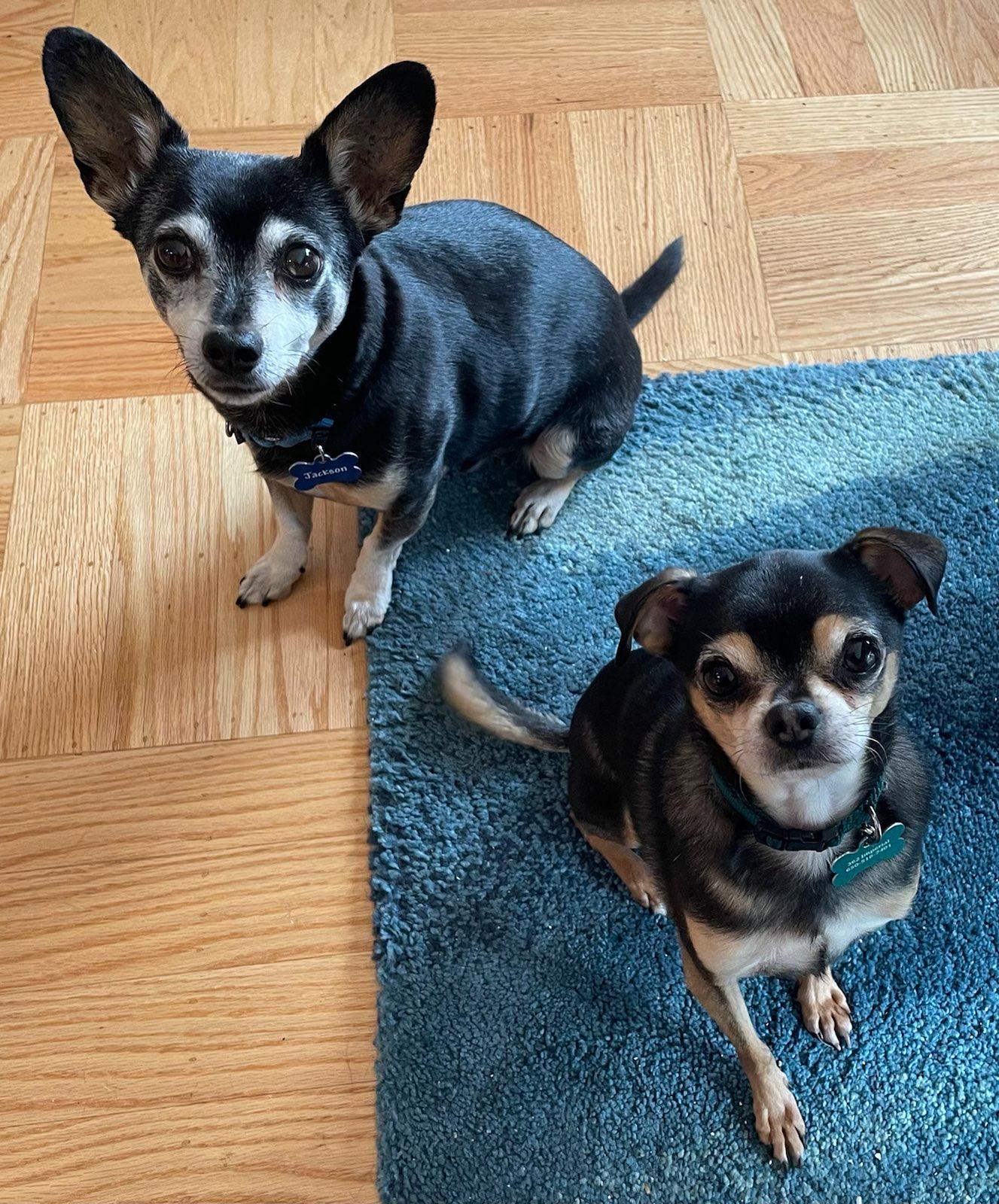
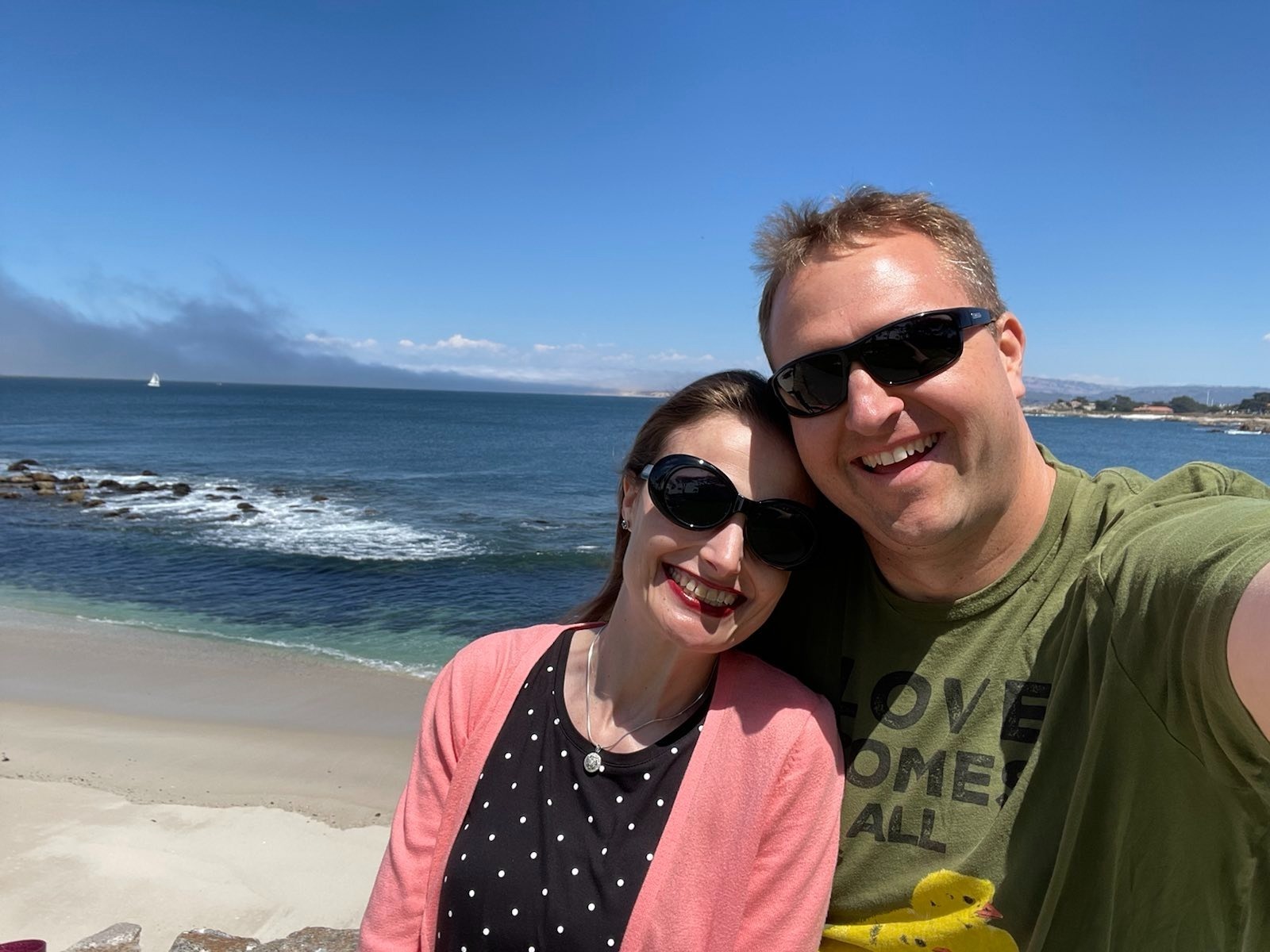
Hard To Prioritize Yourself When Our Mission is So Critical
If you have as much trouble as I do throwing off your capitalist conditioning
Remember:
- You're an incredibly expensive and difficult to replace asset and it's your job to take care of you
- Keep track of your hours and accomplishments. You'll find UC is getting its fair share.
- I solved a long standing performance issue while walking my dogs on the beach, taking care of yourself takes care of UC
Four Day Work Week
(and other awesome things to try)
Four Day Week
- Lots of studies show no productivity loss
- Tons of gain in personal happiness
4th Friday
- Communication Holiday
- One Person On Call
- Work on whatever you want
- Especially Yourself
Thanks!
Hope to see you on UCTech Slack
Jon Johnson (he/him)
jrjohnson
jrjohnson_
jrjohnson-ucsf
![]()
Plain Text and Slides At:
